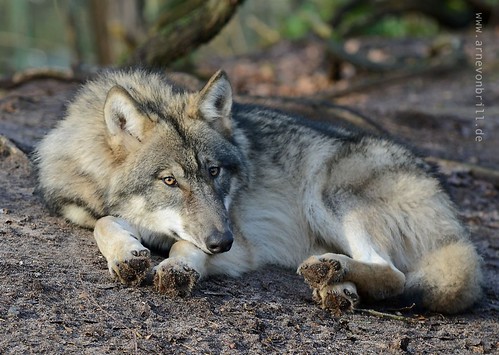
 )
)Election Day is next week in the United States. We could talk about electoral science, like how to design and interpret polls or the significance of results like the median voter theorem or Gibbard-Satterthwaite theorem. But I was more interested in the science up for election. And while I suppose the national races could be seen as a referendum on competing pandemic responses, there’s a lot more on the ballot than the presidential race. Via ballot initiatives, voters in several states have the option to directly decide or influence science policy.
The American Association for the Advancement of Science has a rundown of several significant science-related referendums. California voters have a chance to weigh in on stem cell research funding. In Oregon, they are voting on medical use of psilocybin, the active compound in psychedelic mushrooms. Psilocybin has shown some potential as a treatment for several mental health conditions. And in Nevada, they are revisiting a constitutional amendment establishing renewable energy targets; it passed once but has to pass twice to be enacted.
I was most excited by the Colorado proposition to reintroduce grey wolves. We’ve discussed the science behind this particular strategy previously. Wolves are a critical node in the network of species in the region. They help to regulate the balance of species so that food resources are used more evenly. Without wolves to keep the population of large herbivores in check, some vegetation is overgrazed leading to a cascade of other ecological disruptions. Where our initial inclination might be to eliminate predators–which is the reason grey wolves are missing from the ecosystem in the first place–science can help reveal the counterintuitive benefits the wolves provide.
If you are curious, you can also use this database to see what other initiatives are up for vote in your state and around the country, science-related and otherwise. The District of Columbia is also voting on mushrooms, not going quite as far as Oregon but just making them the lowest possible priority for law enforcement; there are also a variety of marijuana questions under consideration in various states. Oklahoma is voting on healthcare funding and Alaska is voting on oil drilling; while science may not be central to questions like these, their outcomes have the potential to impact public health and the climate and so relevant science should be considered in the decision process.
I suppose it is fair to ask whether ballot initiatives are the best way to decide such matters. There are concerns about steering toward a desired outcome with strategic wording, underrepresenting minority concerns by requiring direct majorities, and the occasional disconnect between the voting results and what is actually enacted after subsequent legislative action. At the same time, even if individual ballot measures are less than effective, perhaps there is some cumulative benefit from encouraging voters to be engaged with policy in a detailed way and being educated on science and other relative information.
We don’t tend to have many ballot measures of this sort in Pennsylvania, so I’d be curious to hear from others. What is your experience with putting matters of science policy on the ballot in your state?
Andy has worn many hats in his life. He knows this is a dreadfully clichéd notion, but since it is also literally true he uses it anyway. Among his current metaphorical hats: husband of one wife, father of two teenagers, reader of science fiction and science fact, enthusiast of contemporary symphonic music, and chief science officer. Previous metaphorical hats include: comp bio postdoc, molecular biology grad student, InterVarsity chapter president (that one came with a literal hat), music store clerk, house painter, and mosquito trapper. Among his more unique literal hats: British bobby, captain’s hats (of varying levels of authenticity) of several specific vessels, a deerstalker from 221B Baker St, and a railroad engineer’s cap. His monthly Science in Review is drawn from his weekly Science Corner posts — Wednesdays, 8am (Eastern) on the Emerging Scholars Network Blog. His book Faith across the Multiverse is available from Hendrickson.

Leave a Reply